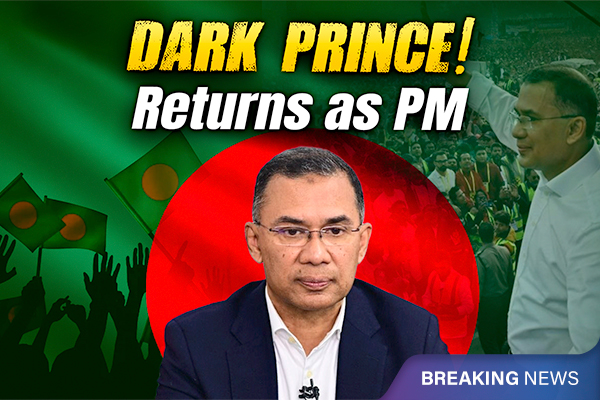Modi Announces National Educational Policy 2020
PM Modi announced the much awaited New Education Policy which was approved by the Union Cabinet. Watch our latest to learn all about it.
On Wednesday 29th July 2020, the New Education Policy was approved by the Union Cabinet. Prime Minister Narendra Modi said that the policy was a much awaited reform in the education sector and it will transform millions of lives in the times to come. In a series of tweets PM Modi said that the New Education Policy is based on the pillars of "access, equity, quality, affordability and accountability". He added that in the era when learning, research and innovation are important, the new policy will transform India into a vibrant knowledge hub. Modi said, "Respecting the spirit of 'Ek Bharat Shreshtha Bharat' the NEP 2020 would promote Indian languages, including Sanskrit. Many foreign languages will also be offered at the secondary level. Indian Sign Language (ISL) will be standardized across the country."
Highlights of National Education Policy 2020
The mother tongue/ local/ regional language is to be the medium of instruction in all schools up to Class 5 (preferably till Class 8 and beyond). Sanskrit will be offered at all levels and foreign languages from the secondary school level. However no language will be imposed on any student. National Institute of Open Schooling (NIOS) will develop high-quality modules to teach Indian Sign Language. They will also teach other basic subjects using ISL.
The 10+2 structure will be replaced with 5+3+3+4. It will consist of 12 years of school and three years of preschool. This will be split as follows: a foundational stage (ages three to eight), three years of pre-primary, a preparatory stage and a secondary stage (ages 14 to 18).
As per the new policy exams will not be held every year. School students will sit only for three exams in Classes 3, 5 and 8. Assessment in other years will be more competency based, promotes learning and development and tests higher skills like analysis, critical thinking and conceptual clarity.
Board exams will continue to be held for Classes 10 and 12 but these will be re-designed with holistic development as the aim.
The government has said that the policy aims at reducing the load of studies on students and allowing them to become more "multi-disciplinary" and "multilingual". There will be no rigid separation between arts and sciences, curricular and extracurricular activities.
The policy also proposed that higher education institutions like the IITs (Indian Institute of Technology) should move towards holistic education by 2040 with inclusion of arts and humanities subjects for students studying science subjects and vice versa.
The NEP 2020 proposed a four year undergraduate programme with multiple exit options to give flexibility to the students. A multi-disciplinary bachelor's degree will be awarded after completing four years of study. Students exiting after two years will get a diploma. Students leaving after 12 months will get a certificate to have studied a vocational/professional course.
A Higher Education Council of India (HECI) will be set up to regulate higher education. The focus will be on institutions that have 3,000. The HECI will not have jurisdiction on law and medical colleges.







